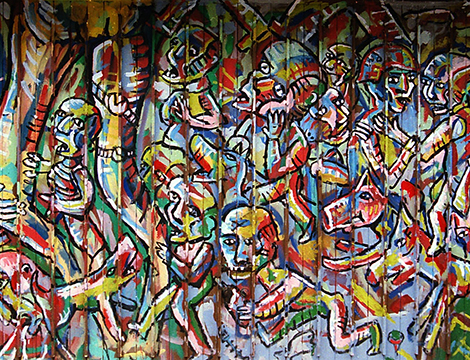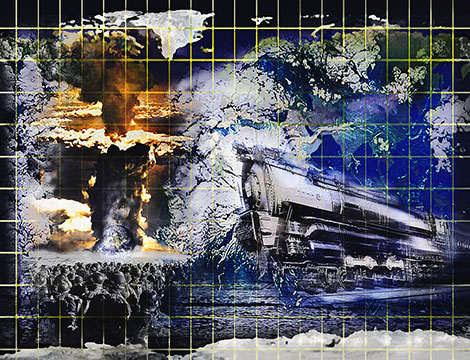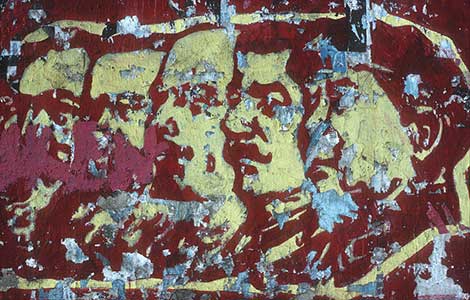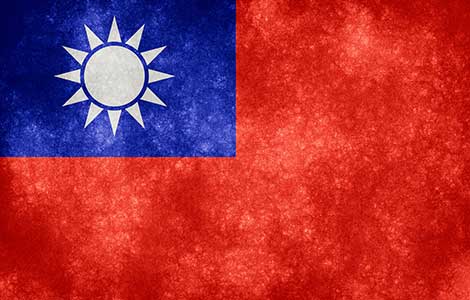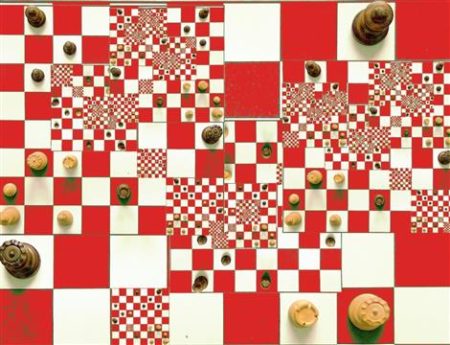
This article was originally published by E-International Relations (E-IR) on 8 May 2017.
Realism’s theoretical dominance in International Relations (IR) – especially its focus on the power of superpowers and its state-centric view of international society – has been challenged by the collapse of the Soviet Union and the global transformations characterising the post-Cold War era. One of those transformations is the way in which “states neither great nor small” are gaining increased recognition amid the disruptive multi-polarity of the current global disorder. Scholars such as Martin Wight and Carsten Holbraad, whose earlier writings about middle powers were overlooked in mainstream IR, are now acknowledged for their scholarly prescience. Bringing middle powers back into mainstream IR theorising is obviously overdue. There are two problems in the theorising of middle powers in contemporary IR scholarship that obscure their positioning and potential in post-Cold War international politics: (1) its intellectual history has been neglected; (2) “middle power” itself is a vague concept.
The neglected intellectual history of middle powers
The ranking of states hierarchically (big, small, middle sized) is by no means a modern (or even post-modern) invention. In ancient China and classical Greece the organisation of political communities and their status relative to each other was of great interest to thinkers as diverse as the Chinese sage Mencius (?372-289 BCE or ?385-303 BCE), and the Athenian philosopher Socrates (469-399 BCE).

